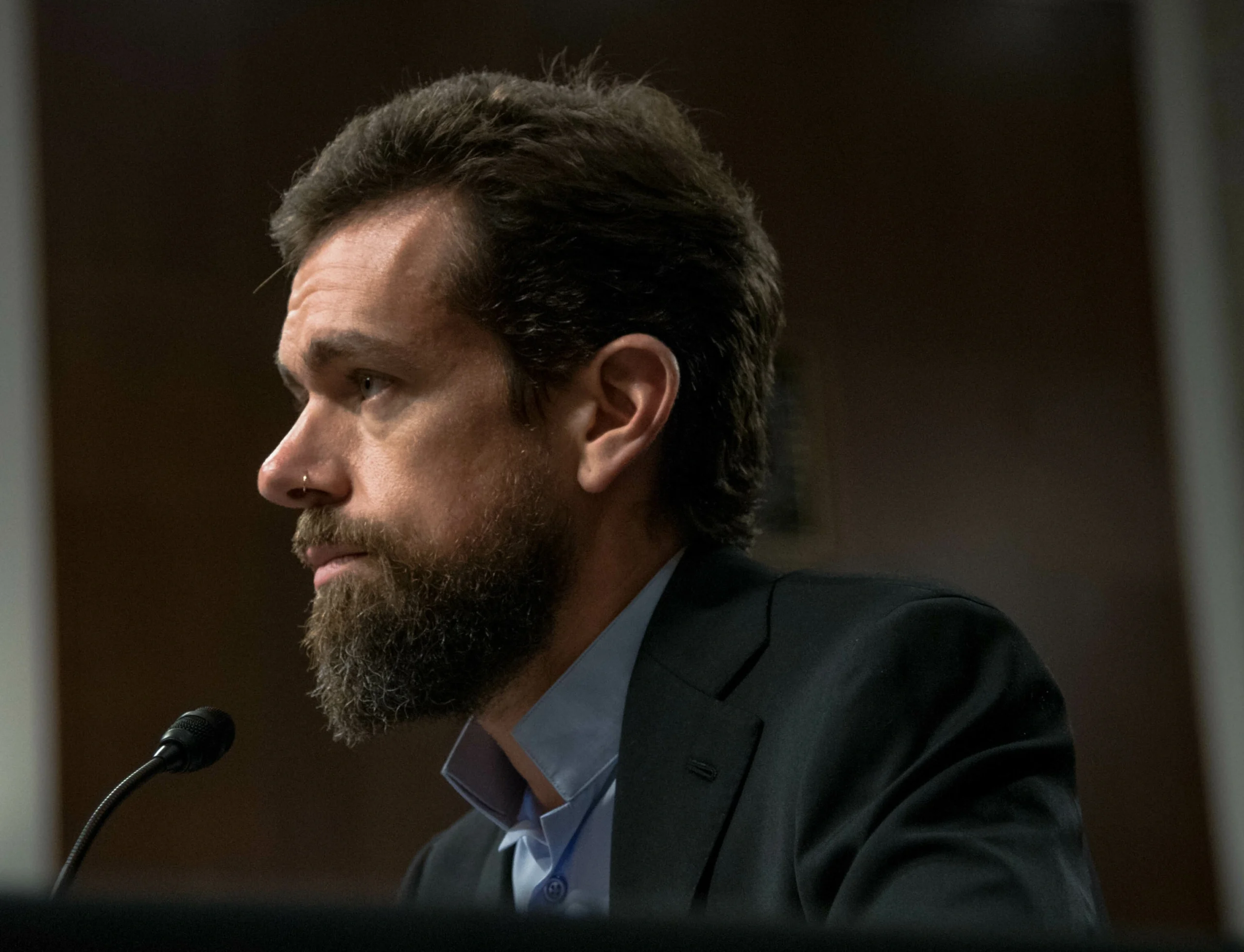Navigating risk amidst global geopolitical tensions and uncertainty

John E. Kaye
- Published
- Cybersecurity, Technology

By Steve Durbin, Chief Executive, Information Security Forum
For decades, our world was shaped by globalisation and geoeconomics, but only recently has it shifted into one defined by geopolitical risk. Ongoing shocks on society such as the Russia-Ukraine war, the Middle East crisis, the rise of far-right populism, culture wars, immigration, climate change, etc., are reshaping global structures and relationships leading to significant realignments for 2025.
While these macro-level issues may be unpredictable and beyond any single nation’s control, businesses still have a choice to focus on factors that are within their influence. Listed below are five key areas where organisations and their risk managers must allocate efforts to navigate these uncertain times.
The Supply Chain: Few leaders fully grasped how dependent the world was on Russian natural gas. Similarly, risk managers must never underestimate supply chain security. A supply chain partner bearing a weak cybersecurity posture can leave doors wide open for hacktivists and cyber criminals. Components within security software and hardware may be susceptible to espionage and data leak. Organisations must proactively conduct risk assessments of their supply chain partners and third-party services so that threats can be mitigated appropriately.
Sufficient Risk Awareness: Cyber risk is a business risk. If you are in charge of cybersecurity for an organisation that operates across multiple geographies, then it’s important to stay alert on regional and geopolitical issues. Are conflicts brewing? How will they affect the business? Will they make your organisation a prime target for cyberattack? Are employees prepared and trained to manage such risks? Are there sufficient security defenses in place to detect and thwart cyberattacks?
Impact on Branch Offices: Say you have a sizable branch remotely located which has been disrupted by a ransomware attack. Do you have the backup infrastructure deployed and tested? Do you have a communication strategy to inform customers and relevant stakeholders? Do you have service providers in risk management that can step in locally? Are you in contact with local authorities and the government? Does your business have a recovery plan?
Preparation and Practice: When crisis strikes, the workforce must hit the ground running as a unified team. They should understand the organisation’s disaster relief plan and their role within. Delivering accurate, up-to-date information is key because it will help avoid the viral spread of misinformation. By rehearsing such crisis scenarios regularly with teams and employees, organisations can better position for any sudden or unexpected crisis.
Misinformation, Disinformation and Phishing: During a crisis, social media will most likely give rise to a wave of unintended misinformation and malicious disinformation. In such a scenario, how do customers, partners and employees access reliable and credible information? Risk managers must control all official information sources to ensure that reliable channels remain unaffected. Threat actors can use this opportunity to unleash targeted phishing attacks. Security teams must train and prepare employees to deal with such threats.
Current geopolitical tensions necessitate heightened attention from risk managers and cybersecurity teams. Business continuity relies on the ability to identify threats, to collectively respond to security incidents, to be adequately trained and prepared, to maintain supply chain resilience and demand for information integrity – all critical elements giving leadership greater confidence for managing risk.
Further information
linkedin.com/in/stevedurbin
RECENT ARTICLES
-
 AI now trusted to plan holidays more than work, shopping or health advice, survey finds
AI now trusted to plan holidays more than work, shopping or health advice, survey finds -
 Could AI finally mean fewer potholes? Swedish firm expands road-scanning technology across three continents
Could AI finally mean fewer potholes? Swedish firm expands road-scanning technology across three continents -
 Government consults on social media ban for under-16s and potential overnight curfews
Government consults on social media ban for under-16s and potential overnight curfews -
 Twitter co-founder Jack Dorsey cuts nearly half of Block staff, says AI is changing how the company operates
Twitter co-founder Jack Dorsey cuts nearly half of Block staff, says AI is changing how the company operates -
 AI-driven phishing surges 204% as firms face a malicious email every 19 seconds
AI-driven phishing surges 204% as firms face a malicious email every 19 seconds -
 Deepfake celebrity ads drive new wave of investment scams
Deepfake celebrity ads drive new wave of investment scams -
 Europe eyes Australia-style social media crackdown for children
Europe eyes Australia-style social media crackdown for children -
 Europe opens NanoIC pilot line to design the computer chips of the 2030s
Europe opens NanoIC pilot line to design the computer chips of the 2030s -
 Building the materials of tomorrow one atom at a time: fiction or reality?
Building the materials of tomorrow one atom at a time: fiction or reality? -
 Universe ‘should be thicker than this’, say scientists after biggest sky survey ever
Universe ‘should be thicker than this’, say scientists after biggest sky survey ever -
 Lasers finally unlock mystery of Charles Darwin’s specimen jars
Lasers finally unlock mystery of Charles Darwin’s specimen jars -
 Women, science and the price of integrity
Women, science and the price of integrity -
 Meet the AI-powered robot that can sort, load and run your laundry on its own
Meet the AI-powered robot that can sort, load and run your laundry on its own -
 UK organisations still falling short on GDPR compliance, benchmark report finds
UK organisations still falling short on GDPR compliance, benchmark report finds -
 A practical playbook for securing mission-critical information
A practical playbook for securing mission-critical information -
 Cracking open the black box: why AI-powered cybersecurity still needs human eyes
Cracking open the black box: why AI-powered cybersecurity still needs human eyes -
 Tech addiction: the hidden cybersecurity threat
Tech addiction: the hidden cybersecurity threat -
 Parliament invites cyber experts to give evidence on new UK cyber security bill
Parliament invites cyber experts to give evidence on new UK cyber security bill -
 ISF warns geopolitics will be the defining cybersecurity risk of 2026
ISF warns geopolitics will be the defining cybersecurity risk of 2026 -
 AI boom triggers new wave of data-centre investment across Europe
AI boom triggers new wave of data-centre investment across Europe -
 Make boards legally liable for cyber attacks, security chief warns
Make boards legally liable for cyber attacks, security chief warns -
 AI innovation linked to a shrinking share of income for European workers
AI innovation linked to a shrinking share of income for European workers -
 Europe emphasises AI governance as North America moves faster towards autonomy, Digitate research shows
Europe emphasises AI governance as North America moves faster towards autonomy, Digitate research shows -
 Surgeons just changed medicine forever using hotel internet connection
Surgeons just changed medicine forever using hotel internet connection -
 Curium’s expansion into transformative therapy offers fresh hope against cancer
Curium’s expansion into transformative therapy offers fresh hope against cancer



























